Republicans ending Trump-Russia investigation, say no evidence found
The House Intelligence Committee has concluded a year-long investigation of possible collusion between US President Donald Trump's campaign and Russia, announcing that there was "no evidence of collusion, coordination, or conspiracy between the Trump campaign and the Russians."
The Republican controlled committee will interview no more witnesses, and Republicans are in the process of preparing their final report, GOP Congressman Mike Conaway of Texas told reporters on Monday. A draft of that roughly 150-page report will be delivered to committee Democrats for review on Tuesday.
"We are confident that we have thoroughly investigated the agreed-upon parameters, and developed reliable initial findings and recommendations," Conaway said.
Democrats who hold a minority position on the committee have objected the decision charging that key documents and testimony still have not been obtained.
Conaway said committee Republicans agreed with the conclusions of intelligence agencies that Russia had interfered with the election, but they broke with the agencies on one crucial point, that the Russians had favored Trump’s candidacy:
“The bottom line: The Russians did commit active measures against our election in ’16, and we think they will do that in the future,” Conaway said. He however emphasized, “We disagree with the narrative that they were trying to help Trump.”
"We will now be moving into the next phase of this investigation, working with the minority on a report to give the American people answers to the questions they’ve been asking for over a year," he said.
Partisan split
Besides Democrats’ objection to the decision, in another sign of increasing partisan tensions, Representative Adam Schiff of California, the top Democrat on the committee, had not been informed of the decision according to a Democratic source, CNN reported.
Democrats have been warning that Republicans are ending the investigation prematurely, without calling important witnesses to testify and without forcing many of those who testified to answer crucial questions.
"At the outset of the Russia probe, both parties committed to a thorough investigation that would follow the facts wherever they lead. As in any complex investigation, this requires compelling witnesses to testify who refuse to do so, and compelling the production of vital documents that can test the veracity of witness testimony and lead to new evidence. To date, there are dozens of important witnesses who have yet been invited, let alone compelled to come before the committee. And all too many of the witnesses who have appeared, have refused to answer direct questions of core investigative interest to the Committee, and have asserted unprecedented and risible claims of privilege,” Schiff said in a statement pointing to Donald Trump Jr and other Trump confidants such as Attorney General Jeff Sessions, Trump Organization attorney Michael Cohen, former Trump campaign manager Corey Lewandowski, and former White House communications director Hope Hicks.
When former White House chief strategist Steve Bannon refused to answer questions even after being subpoenaed, Republicans did not take action to hold him in contempt of Congress.
Israeli airstrikes kill two in Lebanon despite ceasefire
Iran riots: Why Trump’s ‘rescue’ rhetoric backfired, uniting Iranians against external meddling
VIDEO | India faces choice in US-sponsored 'Gaza Peace Board'
VIDEO | Trump’s Greenland push sparks EU outrage and transatlantic strain
Israeli military chief warns Netanyahu, Katz of manpower crisis undermining military readiness
Iran Judiciary chief: Enemy turned to rumors after defeat in riots
Iran dismantles terrorist cell: Ringleader killed, 11 members arrested
Netanyahu joins familiar circle of war at heart of Trump’s Gaza plan


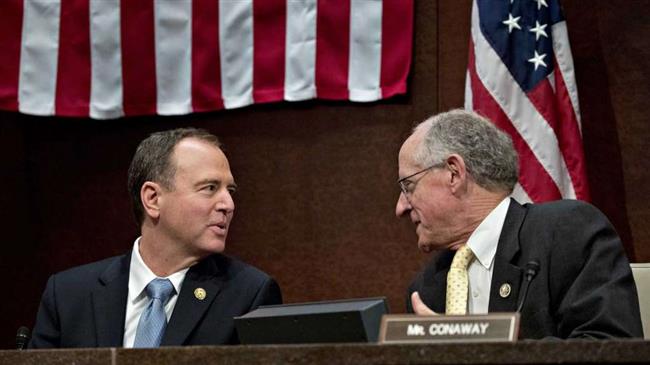

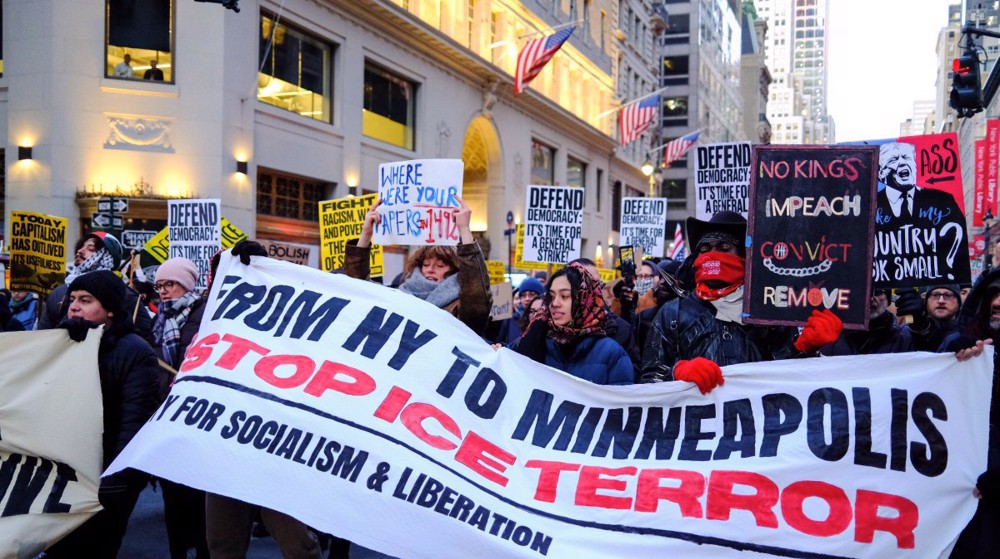

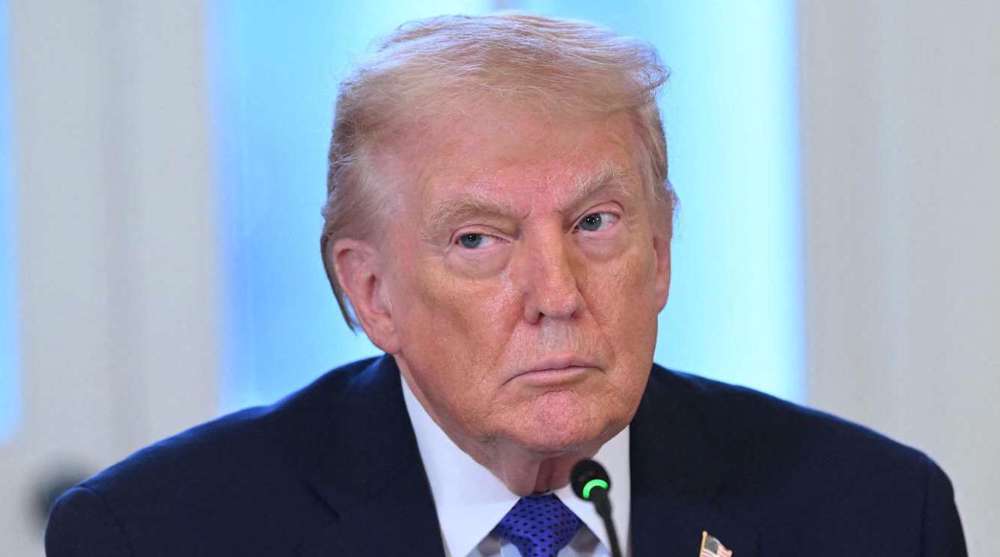



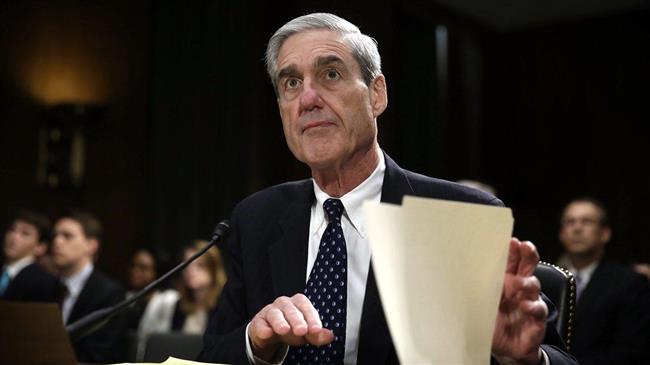
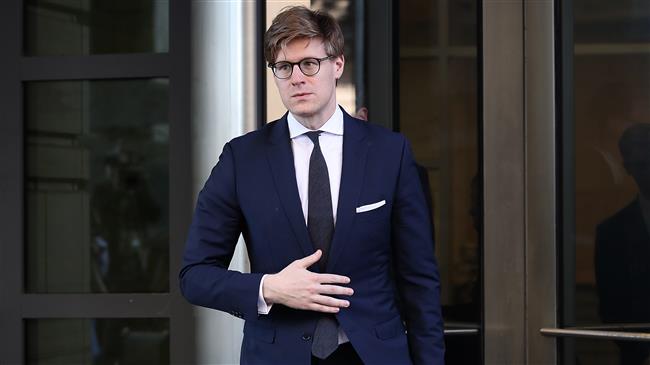
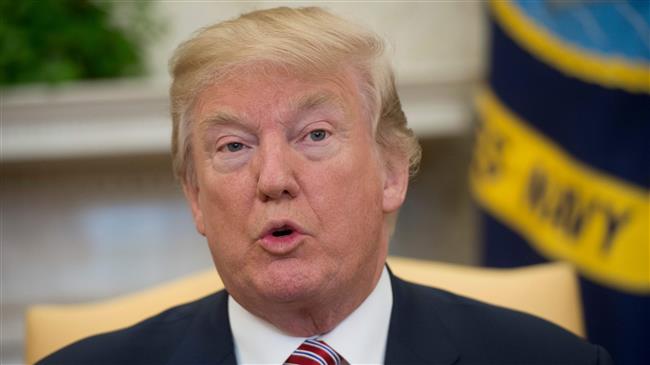

 This makes it easy to access the Press TV website
This makes it easy to access the Press TV website